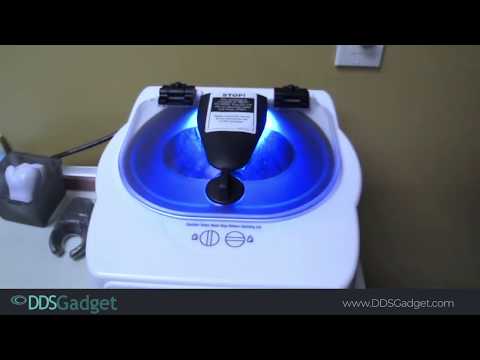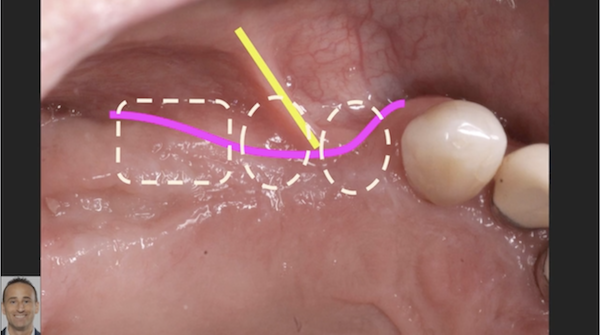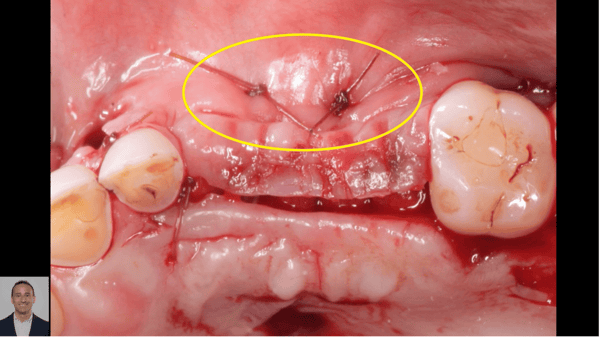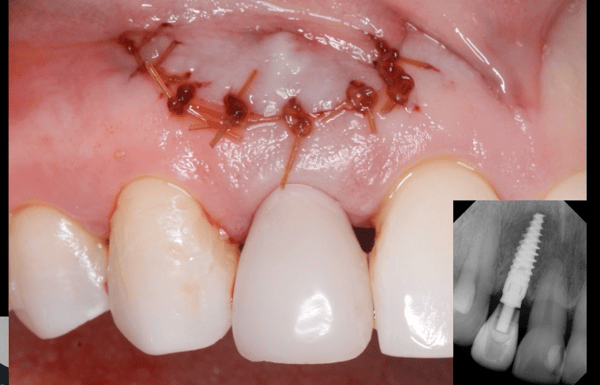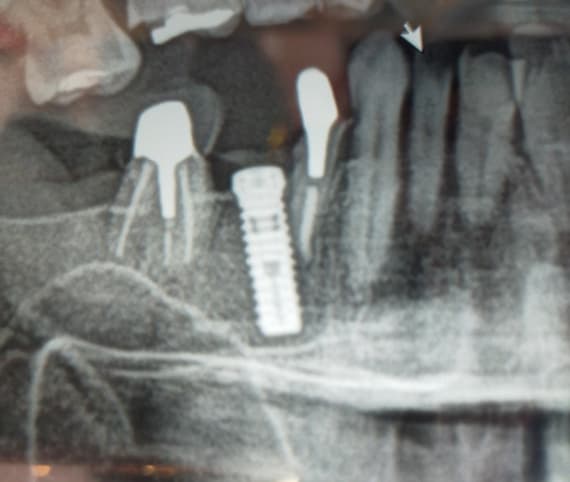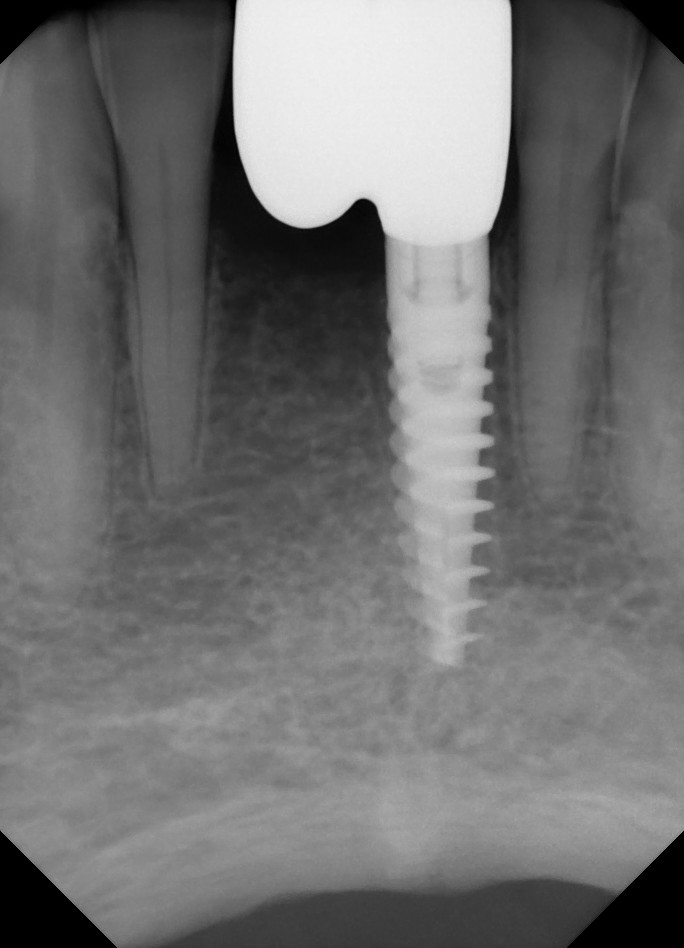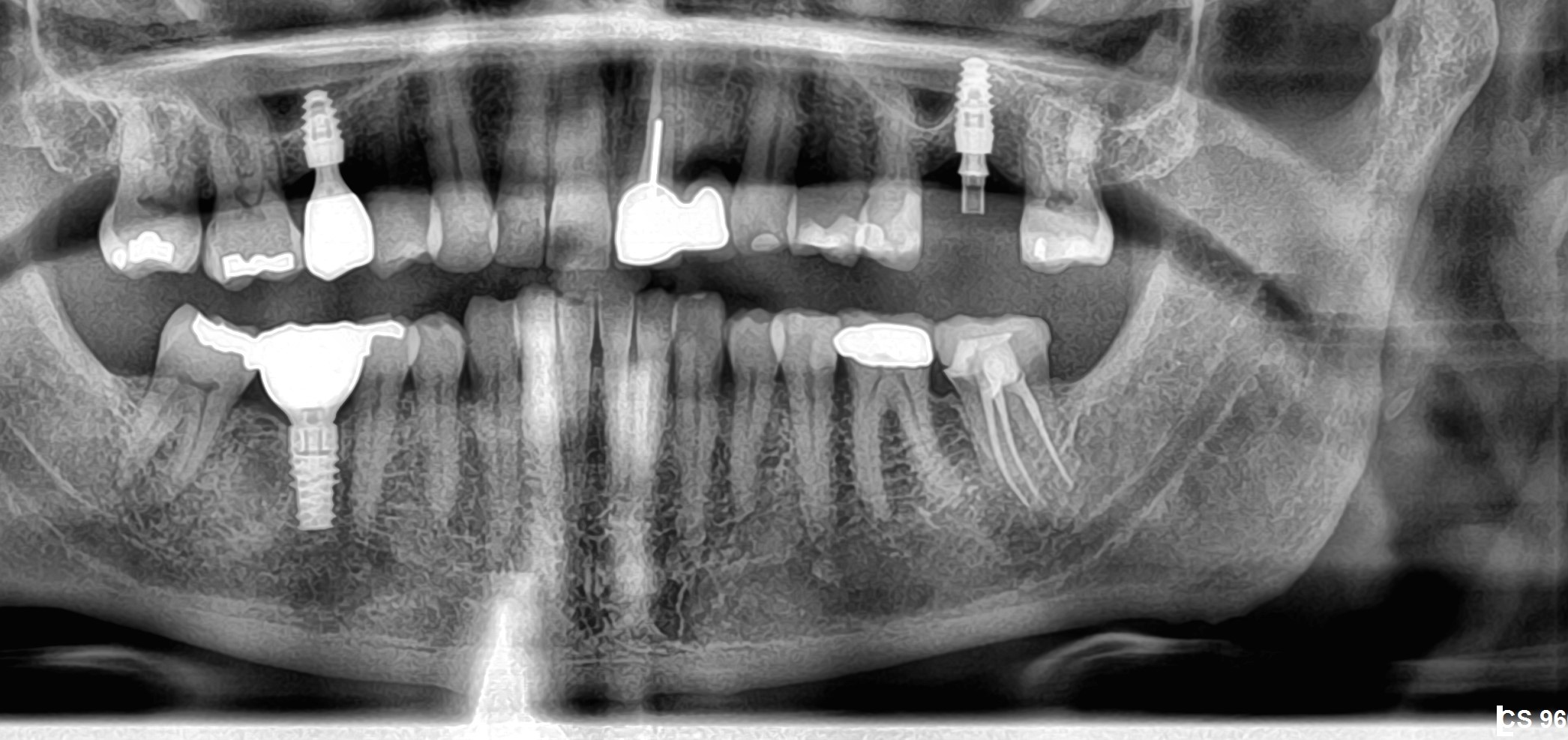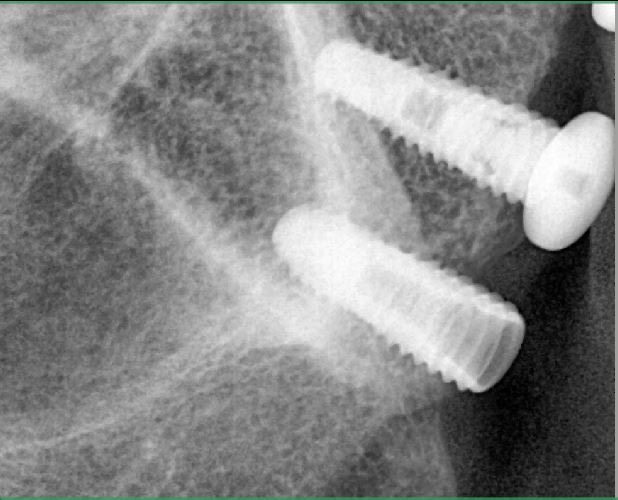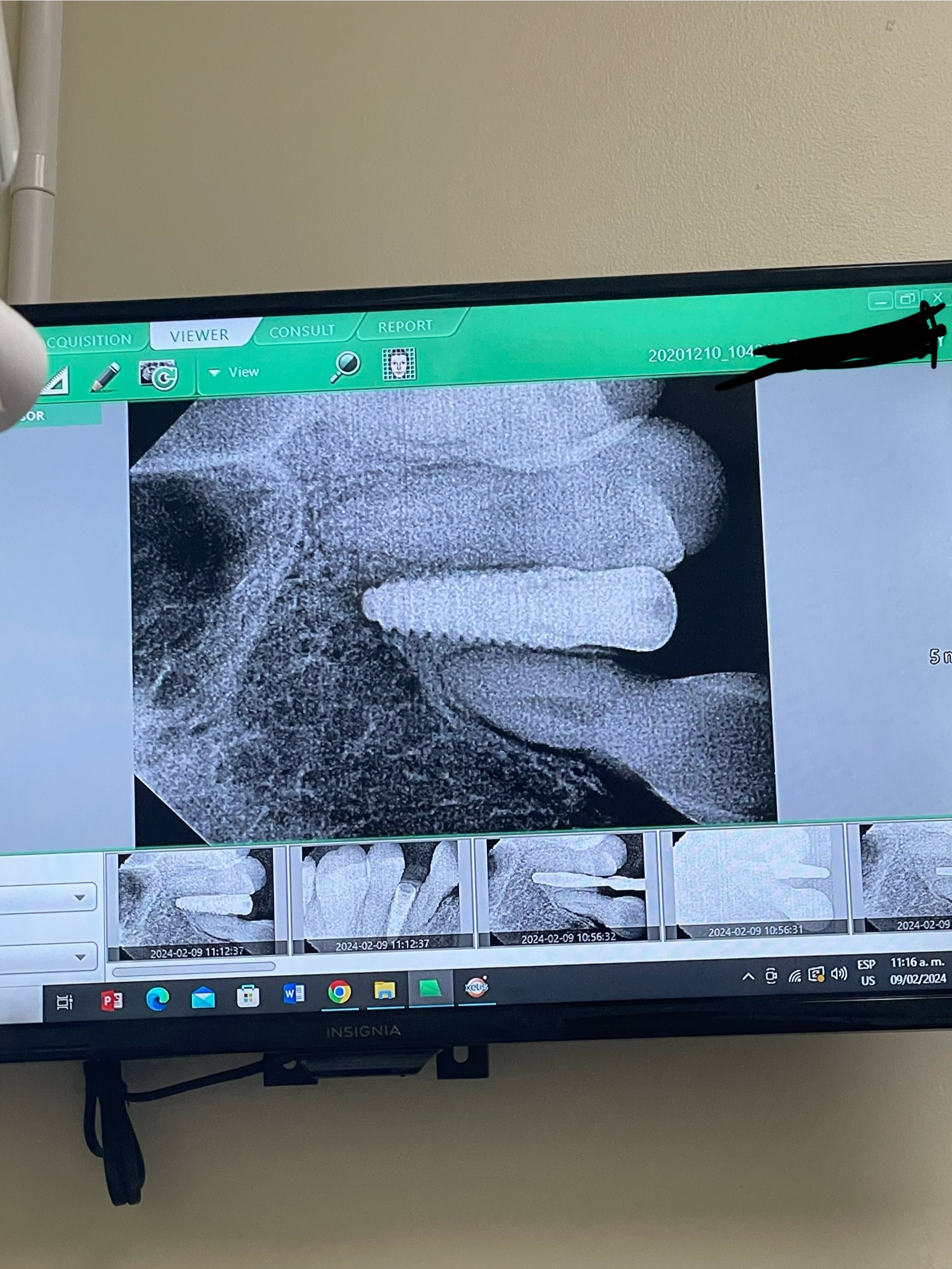What Percent of Function is Restored with Implants?
I’m doing a little research project for patient education. I’d like to tell them how much function each of the various dental restorations will give them.
If a full set of natural teeth are 100% and edentulous arched are 0%, what is your opinion on how much function patients will receive from:
- Implant supported bridgework
- Implant retained full upper (2, 4, or more implants)
- Implant retained lower dentures (2, 4, or more implants)
Maybe you’ve seen a study that quantifies these cases? If not, your educated opinions would also be helpful. Thanks for your input.
13 Comments on What Percent of Function is Restored with Implants?
New comments are currently closed for this post.
Vipul G Shukla
8/28/2012
Implant-supported bridgework, assuming minimum 7 implants per arch, about 85-90% chewing efficiency of full complement natural teeth.
Implant-retained CUD/CLD, with four implants each arch, about 70-75% of natural teeth (compare with about 20% of natural dentition with standard dentures).
For overdentures, I am assuming a LOCATOR abutment system, with the most retentive silicone ring.
These are my hunches, correct me if I am wrong.
steve c
8/28/2012
Perhaps not scientific, but Nobel Biocare has a patient ed/consult page that rates the various tooth replacement options for patient satisfaction. Full natural dentition rates 100 and no teeth at the other extreme rates 0. Conventional denture is 15, denture on two implants is 40, removable denture on fixed implant supported bar is 70 and finally a fixed denture/bridge on multiple implants is 90. You should be able to access this on the Nobel Biocare website or through a Nobel Biocare rep.
mahendra azad
8/28/2012
Noble Biocare,s patients satisfaction assessment is quite fair and can be accepted as a general guideline.
Baker k. Vinci
8/29/2012
Gaylord Throckmorton PHD, did some real good studies with Ed Ellis, R. V. Walker and Doug Sinn, some years back, that studied the efficacy and sometimes, lack there off of occlusal load, capacity and or change, associated with jaw relationship changes after orthognathic surgery. These are the only references I know, that could come close to what you are asking. Unfortunately, it seems as if a lot of restorative doctors restore the 1/2/3 implant cases " out of occlusion " and the surrounding teeth tend to accommodate . In my brief history, I can tell you that the edentulous patient that has worn a lower denture for years, seems to get the biggest "bang for their buck", when implants are placed and the denture becomes both retentive and resistant. In those cases, I would be willing to suggest that the change maybe as great as 10% ( pre-implant ) to 80% ( post implant), with the simplest two implant case, assuming the fixtures are as long and wide as possible. I just placed multiple implants in a giant cell granuloma and an ameloblastoma case, where the entire quadrant was restored and I will venture to say that they will go from 0% to 100%, assuming my pros. doctor "doesn't screw it up". Ha, I hope you are reading this! No pressure. Bv
nailesh gandhi
8/29/2012
Maximum compared to one without dental implants but less than natural teeth.
James J. Harp
8/29/2012
Take it from the "mouth" of patient with full maxillodental and mandibular implant-supported fixed denture(s)... Nobel Biocare has it right on its patient ed/consult page, that rates the various tooth replacement options for patient satisfaction. All-on-four (4) upper and lower with optimized equilibration, yields a minimum of 90% bite force vs. native natural teeth ...
Baker k. Vinci
8/29/2012
James, I would dare to put the chi square up against any such suggestion made by Nobel. Of the "big five", nobel is my first choice, but I have seen who they "marquis" as their experts, so I question everything anyone says, with regards to the all on four. The first amendment allows you to say just about anything to your patients, regardless of it's lack of credibility. This becomes a real problem, when "restorative" dentist talk patients into removing very serviceable teeth, to replace them with this technique. Nothing replaces natural teeth, better than natural teeth. No quotes on that, because I said it before I heard anyone else say "it". BV
James J. Harp
8/29/2012
Baker,
Opinion well taken. Notwithstanding, there are those within the field of dentistry, as there are within the field of medicine, who choose to keep the patient captive, and run through the continuum-of-care only to arrive at an end-point for which the treatment plan may have been indicated at the onset. Always a challenge to separate corporate marketing spin from the scientific/clinical findings of luminaries; whose research findings may be biased ...
Baker k. Vinci
8/29/2012
James, well stated. It is somewhat of a sad state, when I see colleagues bypass routine restorative procedures, to just shuck teeth. I pray that maybe the " implant thing " will settle down a bit and maybe be we will start to see that implants are a mere tool, in dentistry. Bvinci. Vinci Oral and Facial Surgery. Baton Rouge, La.
Dr. Alex Zavyalov
8/30/2012
Quantity (number of teeth and implants) and quality (cosmetic and mastication patient’s satisfaction) are different things, which do not correlate with each other, and you won’t find independently scientific information about it. According to C. Misch and R. Kerstein, prosthetic success rate is 15 to 20% lower than the surgical one. Wrong prosthetic treatment will ruin any perfectly done surgical implant insertion. This is one of the reasons why insurance companies do not cover it.
Baker k. Vinci
8/31/2012
Maybe! Insurance companies are covering most implants in cases that involve loss of structure secondary to trauma, tumor ablation and congenitally missing teeth, with the exception of course. The primary reason they refuse, in my opinion, is profit margin. Most insurance companies can't grasp the concept that you have suggested. "They" still think that the impacted wisdom tooth is likened to an obstructed bowel. Little do they know, the erupted decayed, Perio involved wisdom tooth causes more disease and is usually harder to remove, but rarely do they cover this procedure. You are giving the suits way too much credit. Bv
Richard Hughes, DDS, FAAI
9/1/2012
Baker, you hit the nail on the head. Many, many times the insurance companies are penny wise and dollar foolish.
CRS
9/4/2012
I truly believe that it is a process from caries control, endo, crowns and periodontal treatment. Each case is an individual treatment not just an extraction and implant; judgement and experience need be used. On the other hand RCT, restorative and crowns have a definate lifetime requiring removal, grafting and an implant. There is a reason why we have all these specialties and disiplines. I thought this was a very worthwhile discussion, not just about the money but what's the best for the patient. That's why I went into this. Thank you I hope to continue to contribute and learn more!





